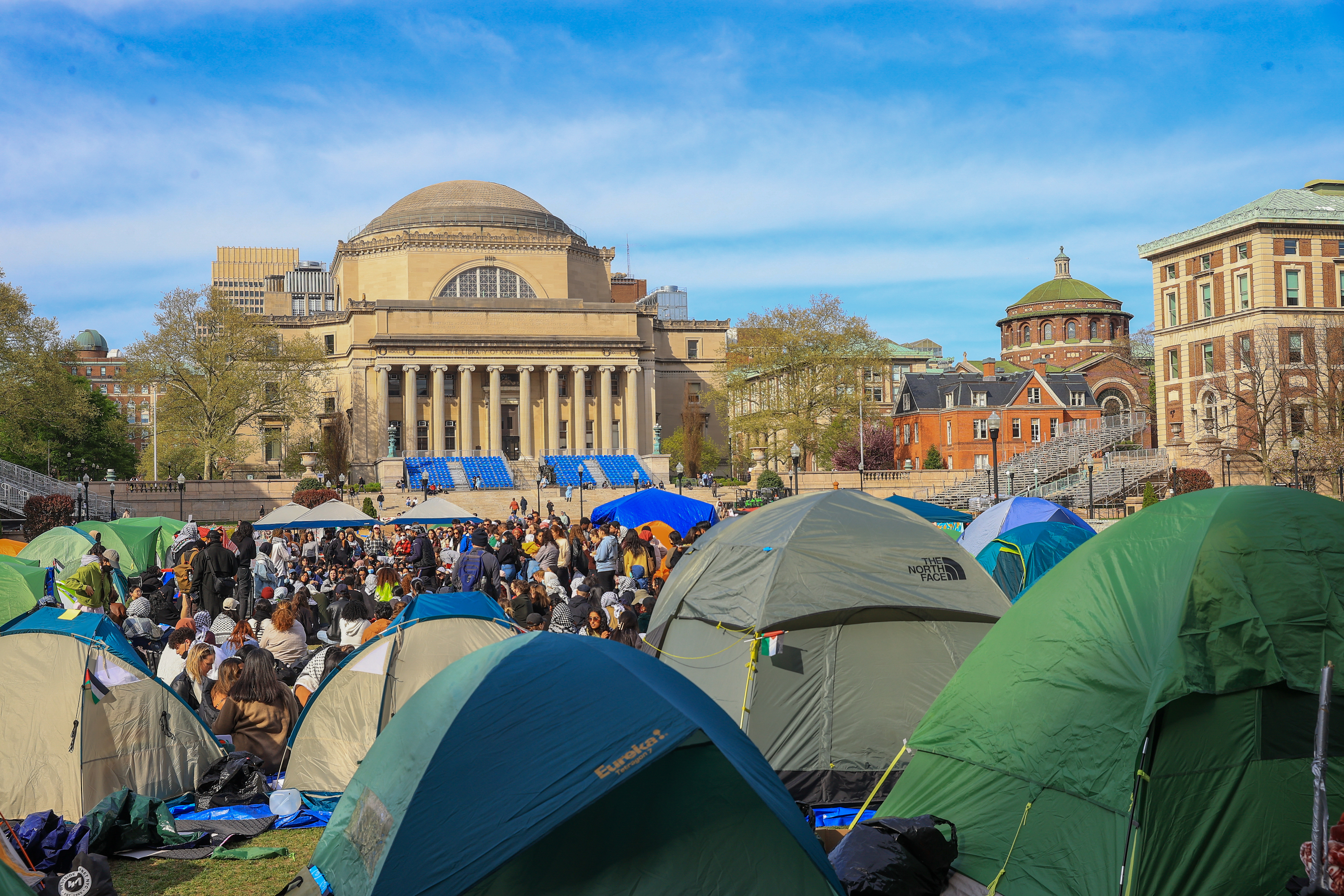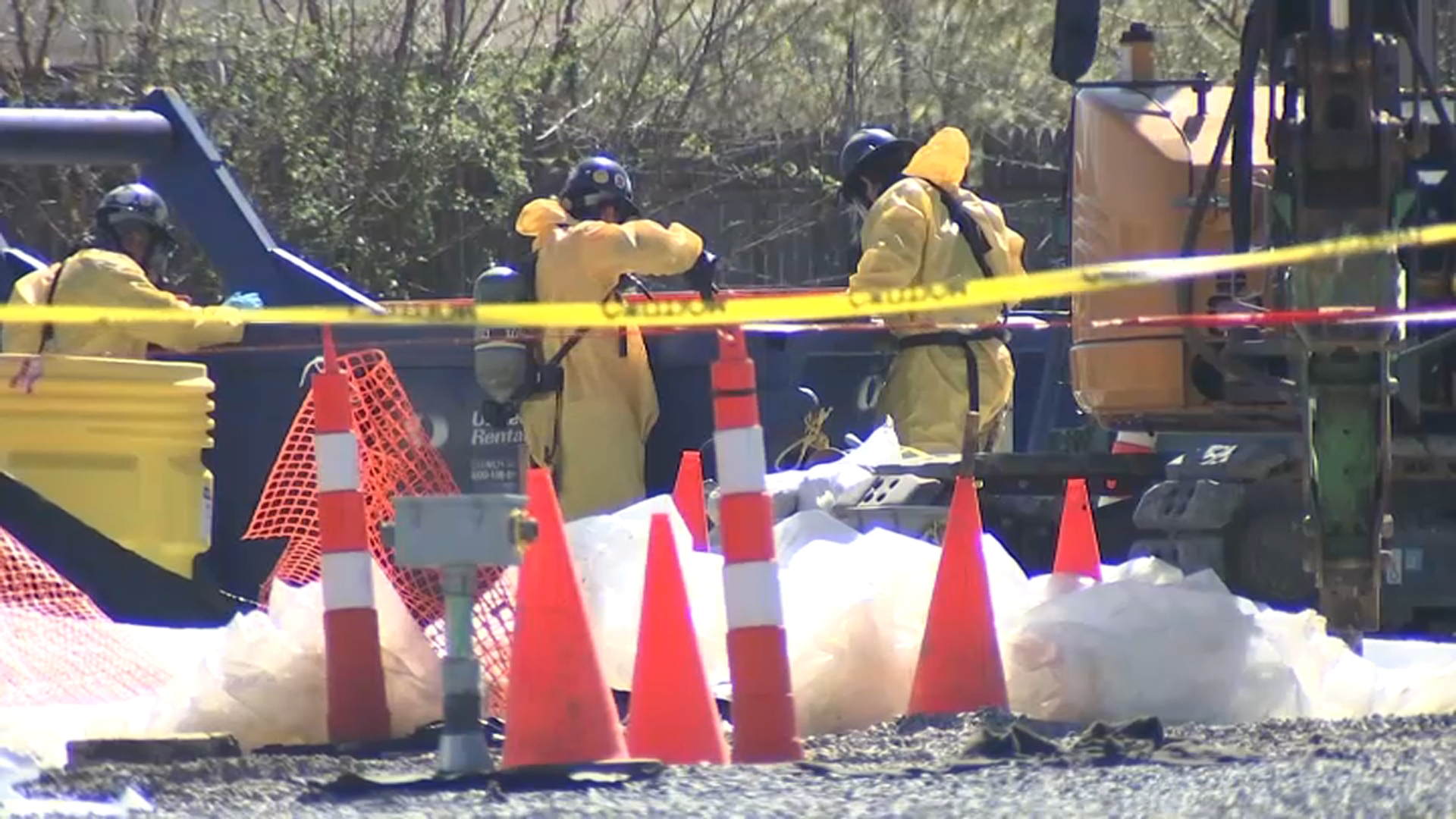What to Know
- Prosecutors say the bridge defendants retaliated against another mayor in the months before the GWB scandal
- Bridget Kelly, in her third day of testimony, got defiant on the stand Tuesday
- Earlier testimony by Kelly raised questions about when Christie knew about the lane closures; Christie has repeatedly denied wrongdoing
A former aide to Republican Gov. Chris Christie reiterated Tuesday that a now-infamous email she sent saying "time for some traffic problems" near the George Washington Bridge in 2013 referred to a traffic study, not a political retaliation plot.
Former deputy chief of staff Bridget Kelly and former bridge authority official Bill Baroni are charged with closing bridge access lanes and causing gridlock to punish a Democratic mayor who didn't endorse Christie's re-election.
Facing cross-examination Tuesday, Kelly repeated her direct testimony from Friday that she used a poor choice of words when she emailed another former bridge authority official, David Wildstein.
Wildstein has pleaded guilty and testified against Kelly and Baroni, Christie's top appointee to the Port Authority of New York and New Jersey. Kelly and Baroni face seven criminal counts each, including wire fraud and civil rights offenses. They contend any political retaliation plot was Wildstein's creation.
Christie has consistently denied any knowledge of the plot or the lane closures while they were going on and has not been charged.
Kelly testified Tuesday that the email referred to the traffic that would ensue once the lanes were closed. She said she believed it was a legitimate traffic study that would eventually improve traffic flow over the bridge connecting New Jersey and New York.
The words "were not as they are read," Kelly said to Assistant U.S. Attorney Vikas Khanna.
Local
"'Problem' means something that's not OK, right?" Khanna asked.
"It meant that would be the effect" of the traffic study, Kelly said, adding, "David had told me the benefits were going to outweigh the inconvenience."
Khanna said: "If you are creating problems in Fort Lee, you are making things worse in Fort Lee."
Earlier Tuesday, Khanna sought to demonstrate Kelly and Baroni collaborated to retaliate against a different Democratic mayor in the months before they're accused of using the same tactic against Fort Lee Mayor Mark Sokolich, whose town is adjacent to the bridge.
Kelly testified she was told by superiors, on orders from Christie, to cancel scheduled meetings with Jersey City Mayor Steven Fulop in the summer of 2013. Fulop was seen as a potential Christie endorser, Kelly testified, but when it became clear it wasn't going to work out, she was told to cancel the meetings and have no more contact with him.
Prosecutors contend Kelly, Baroni and Wildstein employed the same phrase - "radio silence" - in describing how both mayors would be ignored.
Striking a defiant tone in her responses, Kelly said the two situations were different. She said Wildstein's "radio silence" email, sent during the four days of lane closures in September 2013 as Sokolich made increasing desperate pleas for help, "didn't make a whole lot of sense to me."
"Mayor Fulop was 'iced,' you are correct, on orders from the governor," Kelly told Khanna. "There was no reason to ignore Mayor Sokolich. To compare him to what was going on with Mayor Fulop is just wrong."



